I am trying to list my elasticsearch indices into kibana for a visualization, so that I can use the data in my program.
Whenever I try to map the index in kibana, I manually input the name of the index. I have 20 + indices into elasticsearch and I do not prefer to index them manually.
I would like to know how I can make the mapping automatic? If any configuration or coding is require then how I can achieve to develop a plugin for my requirements. Kindly help me.
Here is the Kibana5 management console for indexed patterns:

As one can see only one index finale in the list. That I have done manually. But I have many indices, so need to make the process automatic. Kindly help me with suggestions.

